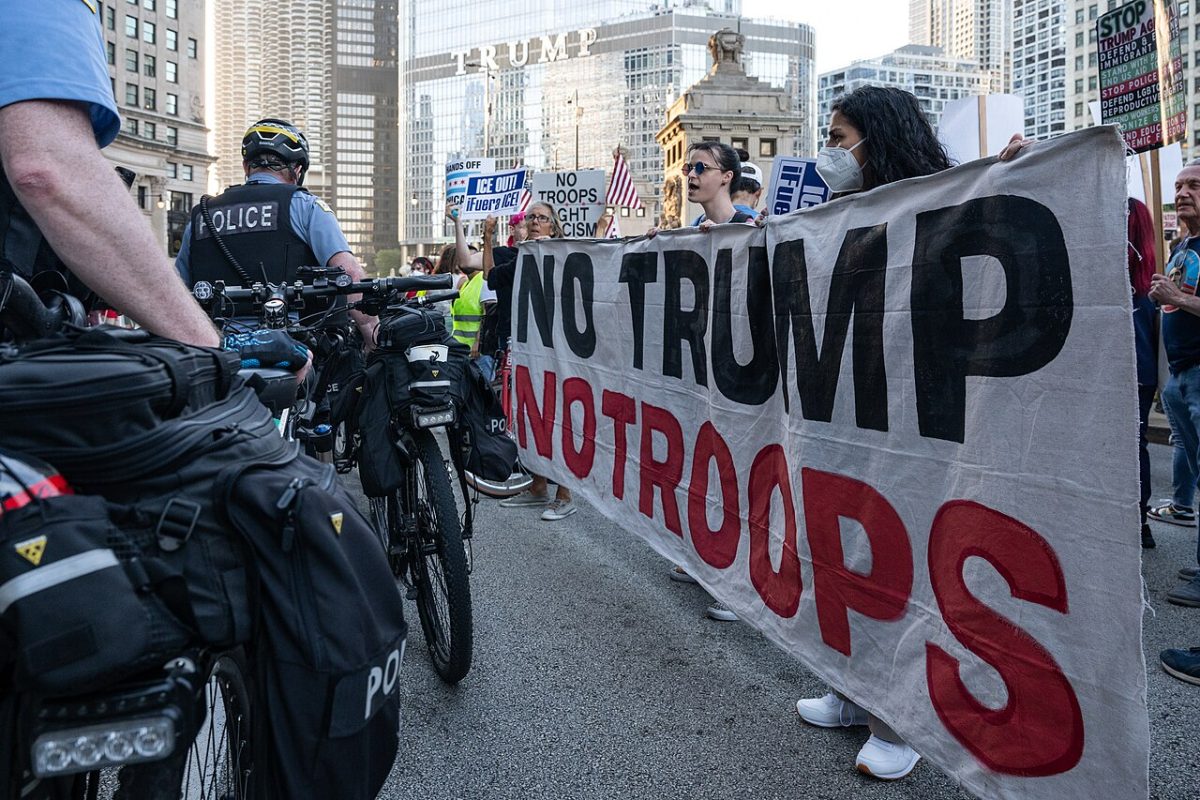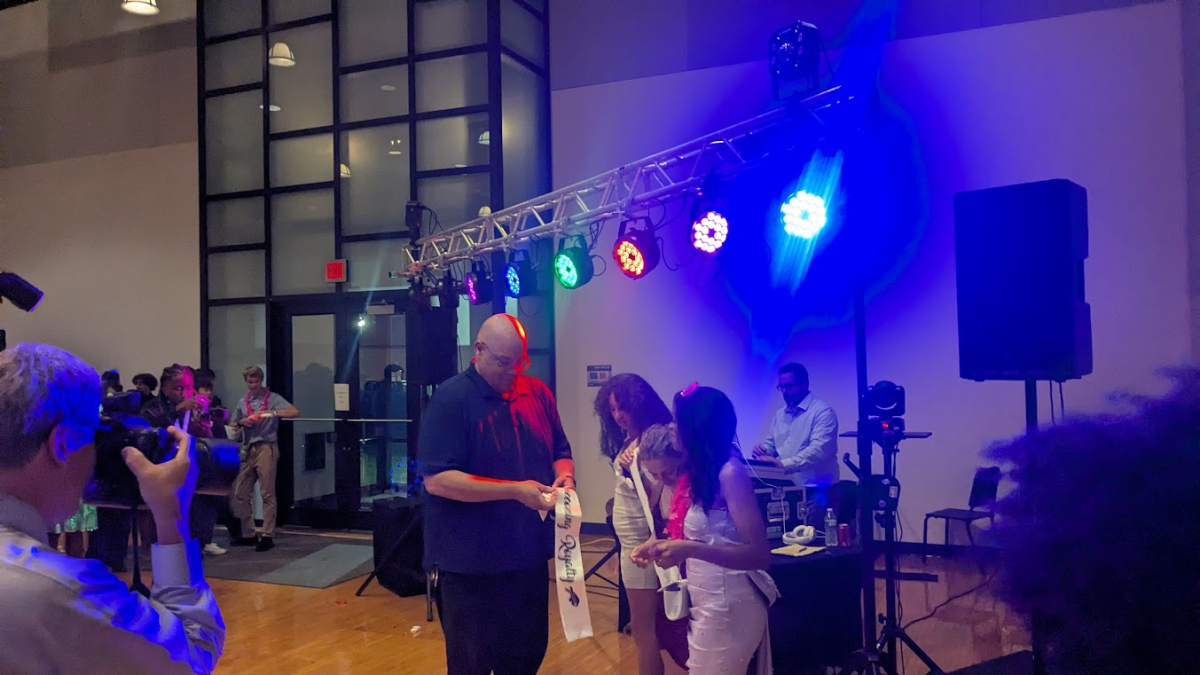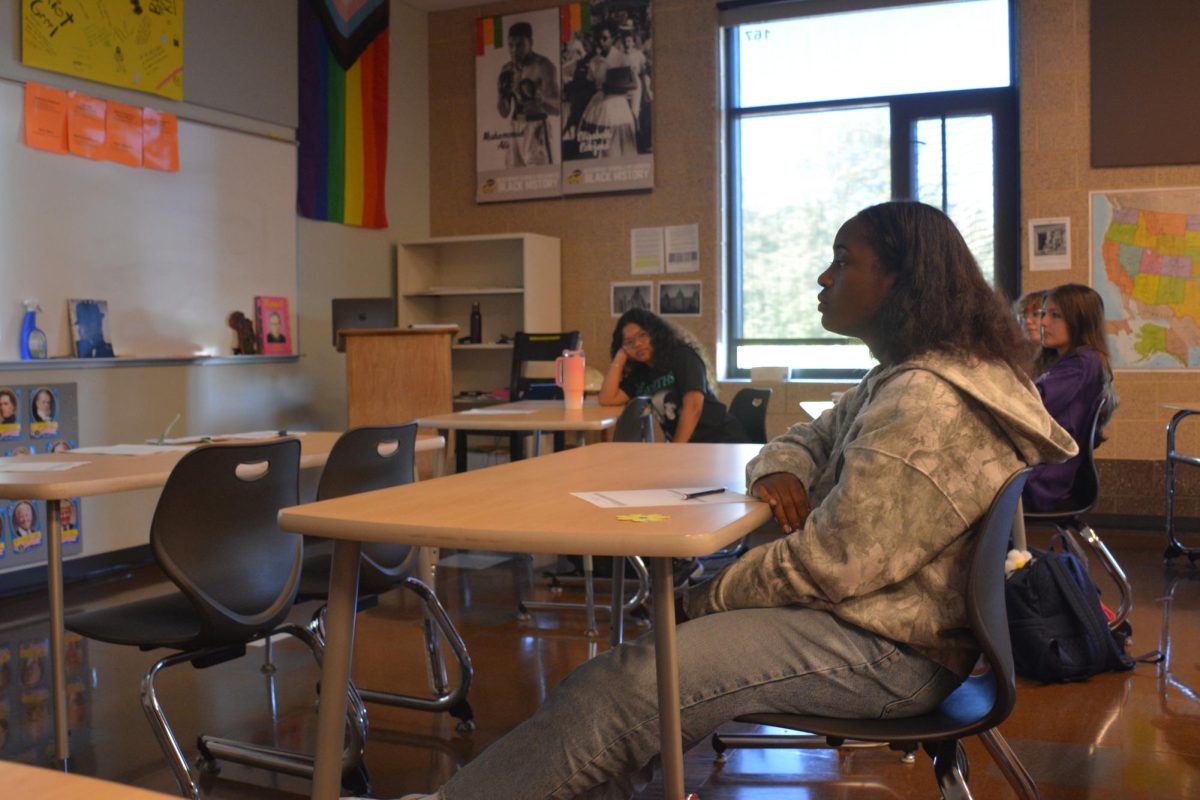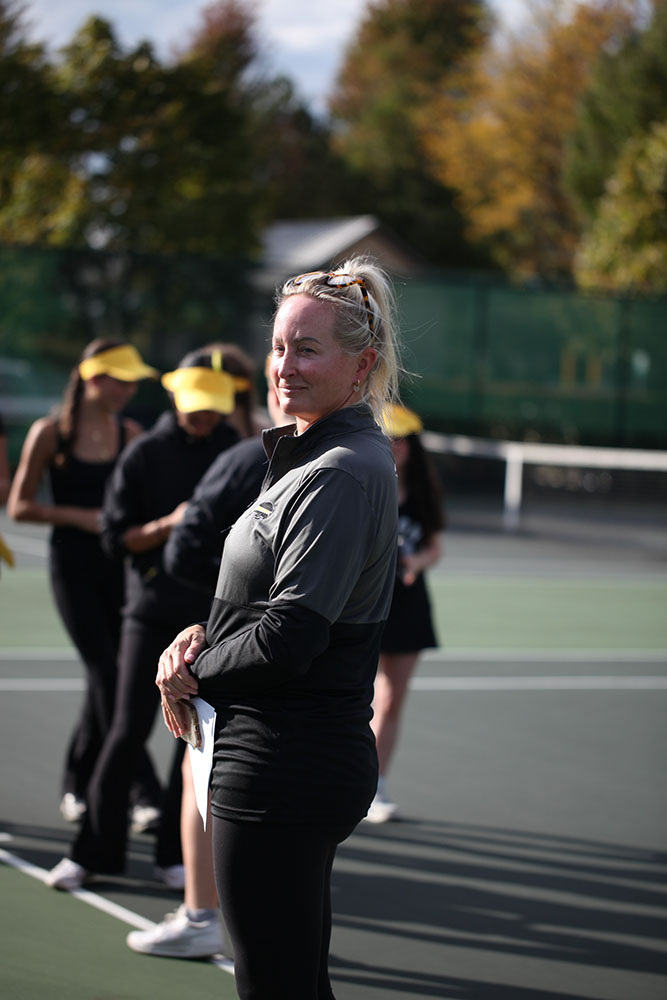Students and citizens nationwide participated in the “Hands Off!” protests on April 5, voicing opposition to recent policies championed by President Donald Trump and adviser Elon Musk.
From New York to Los Angeles, the marches differed in size but shared the same spirit of opposition to Trump’s administration. By amplifying the voices of over 3 million Americans, the widespread protests represented a cornerstone of American democracy.
Protest is more than a right granted by the First Amendment. It is a civic imperative. At key moments in our nation’s history, protest has moved the moral arc of this country forward. From the lunch counter sit-ins of the Civil Rights Movement to student-led protests against the Vietnam War, young people have historically stepped into the public square when institutions have failed to represent them.
The “Hands Off!” demonstrations serve as a reminder of this democratic tradition. However, the real significance of the protest isn’t the protest alone, but the enduring role protest plays in shaping a just and responsive society. As Protect Democracy puts it, “peaceful protest is one of the most powerful tools available to people who want to protect, and improve, democracy.”
Nowhere is this more evident than on college campuses. According to Inside Higher Ed, protests can “catalyze institutional reflection,” challenging universities to align their supposed values with their practices. Students, in raising their voices, often do the work institutions are unwilling to undertake themselves.
On the other hand, there’s a thin line that separates the ideals of civil dissent and violent protest, and people have historically struggled to find it. Within recent years, college campus pro-Palestinian protests have straddled this line. While some have been able to remain peaceful, others have shown signs of extremism, resorting to violence, hate speech, occupation of campus buildings and harassment of Jewish students and staff.
This has caused an increase in political and financial pressure to be placed on several institutions of higher education across the country. For example, in a recently issued executive order that created a task force to combat antisemitism, federal grants were withdrawn from Columbia University because of their failure to curb extremism and violent behavior against Jewish students and staff that exceeded the bounds of protest.
Some faculty members at universities are pushing back to support students’ right to protest, recognizing it as a form of legitimate democratic engagement.
“Protest is essential to a functioning democracy because it gives people a voice in shaping their world,” government teacher Pam Crossman said. “Protest can be a powerful tool for raising awareness, challenging injustice and demanding accountability from those in power.”
“I think that young people protesting, whatever the cause may be, shows us that democracy thrives when people push for progress even when it is uncomfortable,” she added.
In an era marked by political polarization, protesting takes on renewed urgency. Youth-led protests serve to amplify youth perspectives, which are often ignored. Seeing as it is the youth that will be the future leaders, it is important that their voices are heard so that they continue to place faith in the system and inspire change where it is due.
Without peaceful protest and civilized discourse, justice falters and progress will stagnate.

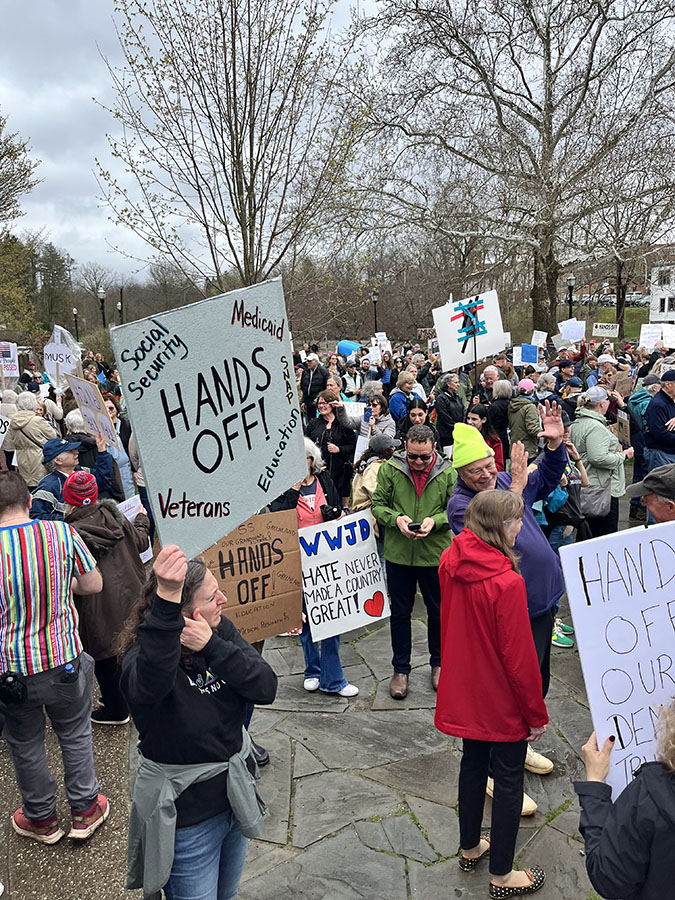
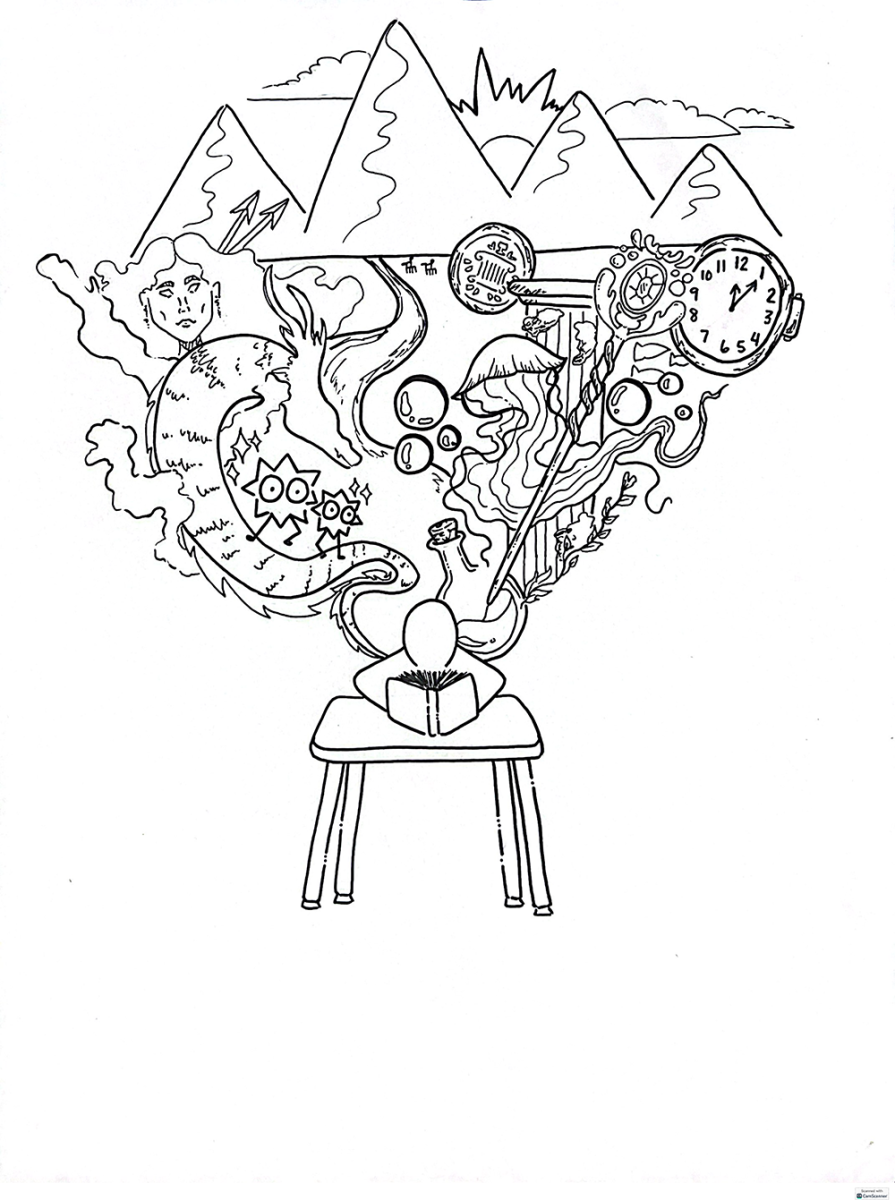

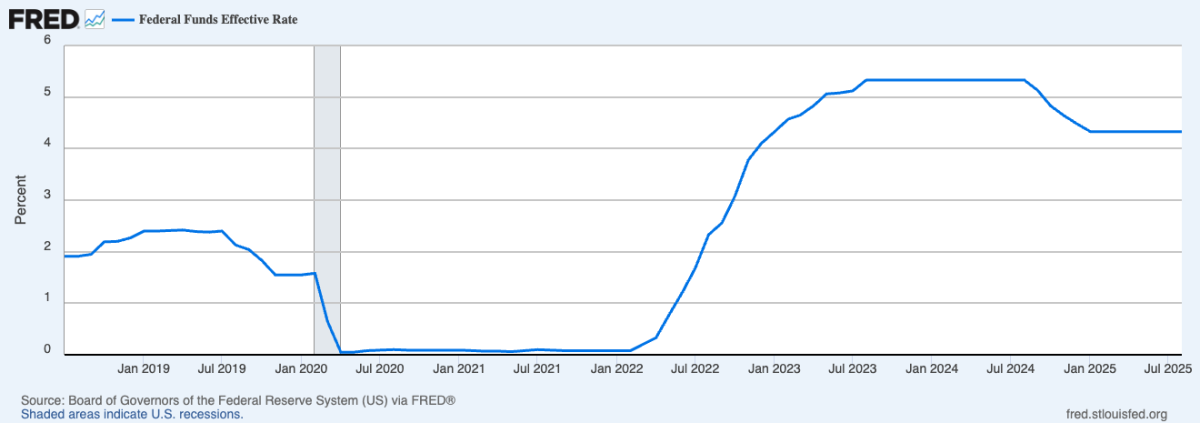
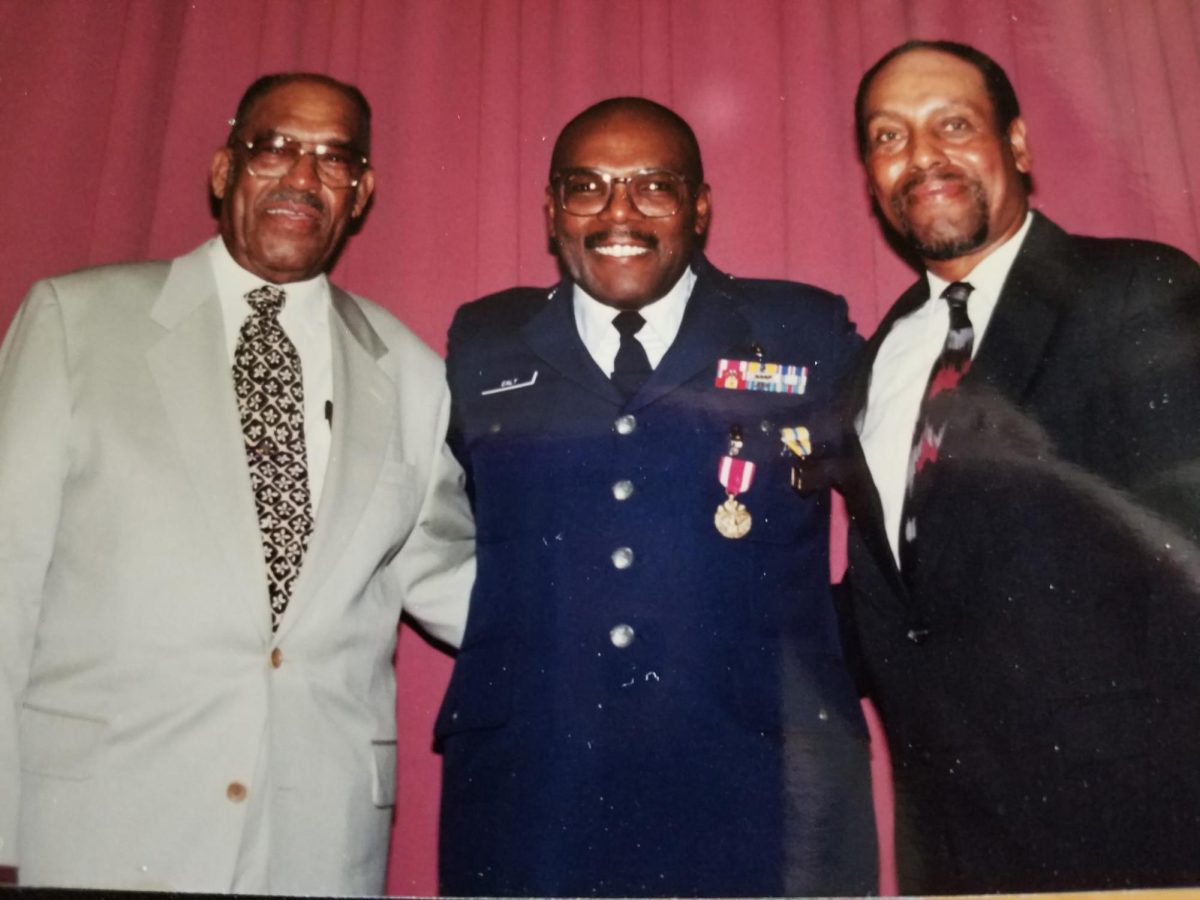


![“My parents have always said that education is important. My parents are Chinese immigrants, I'm Chinese American, [and that's a] value that has always been ingrained in our community,” said Senior Lyndia Zheng, pictured with Tony Zheng](https://bcomber.org/wp-content/uploads/2025/10/DSC_4244.jpg)

